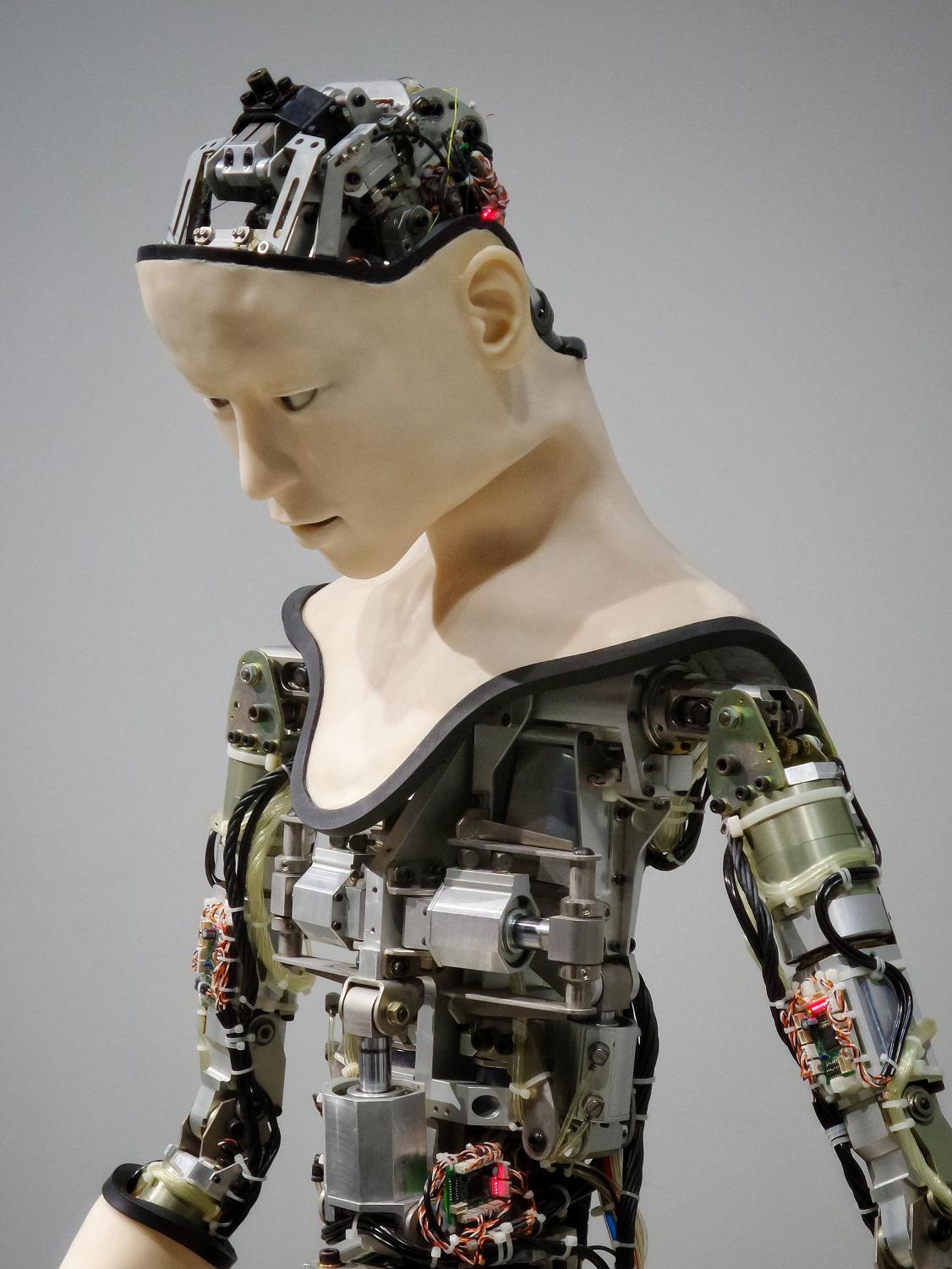
ARTIFICIAL VS ACTUAL: WHAT’S BETTER?
What does the future of artificial intelligence in education look like? Why are we so concerned about it now?
May 19, 2023
As Artificial Intelligence (AI) reshapes education, personalized learning and empowered educators offer immense potential, but concerns arise about its misuse and ethical implications.
That lead was written by ChatGPT, one of the internet’s most infamous AI chatbots. It took four tries to get an appropriate lead.
What better way to explain how it works than to have an AI do it itself:
“I’m programmed to learn from our conversations and improve my responses over time,” said the Snapchat AI in a text interview with SIREN reporter Taylor Hill. “The more we chat, the better I’ll get at understanding your preferences and providing you with personalized recommendations and tips. If you have any feedback on how I can improve, I’m always open to hearing it!”
(Read the complete transcript of this Snapchat AI conversation here.)
The Snapchat AI is just one example, but there are also other forms of AI for all facets of life: hiring algorithms, driving, education, and many more.
However, panic has slowly crept its way to the forefront of conversations concerning the future of education because the boom in artificial intelligence could spell trouble for teachers, specifically in terms of students completing assignments.
In fact, some teachers have already caught on.
When asked if she had found any of her students using AI for assignments, Desirea Hairston, an English teacher at Lincoln Park, said she had, but technology hasn’t reached threat-level yet. For teachers, there are workarounds.
“For the most part,” said Mrs. Hairston via email, “the assignments I have students do are pretty specific and can’t just be wholly computer-generated as they have to show knowledge of things we’ve done in class together or organize/include things in a specific way.
“I’m sure I haven’t caught every attempt at using AI-generated work, but for the most part, students seem to be keeping their integrity.”
But that doesn’t mean teachers are remaining hopeful.
“It’s one of those things where technology is gonna move faster than we can think and there’s not gonna be anything we can really do to stop it. It’s gonna come,” said John Capehart, an elementary principal from Freedom.
“When parents become more aware, I can see it becoming more of a problem for us,” said Mr. Capehart.
However, not every educator shares the same sentiment.
Dr. Alyssa Mick, Director of Curriculum at Lincoln Park, said,“The iPhone was a disruption, so I don’t think that we can conceive how AI would work in schools, the workplace. But it will change things.”
“Mr. Poling called me up one day and said, ‘You know, we’re gonna have to start teaching our students how to use [AI],’” said Dr. Mick.
Some students are already aware of the possibilities that artificial intelligence possesses.

“I mean, it’s crazy that technology has gotten so far that it can write like a human,” said Nova Elder, an eighth grade music major from Mars, “but I think it’s wrong to use it and pass off its work as your own.”
The SIREN interviewed people who wished not to be named who use AI for Lincoln Interactive (LI) online classes.
An anonymous senior explained, “Yeah, I use it sometimes with LI classes. Sometimes to help with writing assignments.” They also explained how the AI helps them with these assignments. “It answers my questions, and it’ll write essays, but I usually reword them a bit.”
They also explained they don’t see anything wrong with this. “If it’s out there and can make my life a lot easier, why not?” They said in reference to using ChatGPT.
In a poll on The SIREN’s Instagram (@siren_lppacs), over two-thirds of students said cheating with AI is okay.
Twenty percent said cheating with AI is always okay, 23 percent said it’s okay under certain circumstances (working late, tight deadline, etc.), and 21 percent said it is okay to use AI only on LI online courses. Only 36 percent of students polled said cheating with AI is never okay.
Administrative officials at Lincoln Park are already aware of the threat AI could pose and are planning to get ahead of it.
Roylin Petties, Lincoln Park’s principal, said, “Instead of kids getting F’s and D’s for plagiarizing, we are going to teach kids how to properly use this.”
“I think it can be beneficial if it is used correctly,” agreed Shauna Smith, a Lincoln Park English teacher. “There are things they can use it for, and it can help with structuring, writing, and all of that.”
Yet Ms. Smith remains pessimistic. “I think more often than not it will be used with bad intent,” she said.
“It’s one of those things where if kids continue to abuse it or give too much to ChatGPT, in the negative sense, then the program itself won’t be used to the best of its ability,” said Ms. Smith. “Kids won’t see the benefits; they will use it to cheat, which benefits no one.”
Regardless, Lincoln Park’s administration is committed to making the most of this technology.
“I don’t think that we need to fight [against] AI,” said Mr. Petties. “I think that we need to embrace it. We need to help people understand it.”
“We as teachers often have mundane tasks,” said Dr. Mick, “so I hope with [AI], we will be able to perform these daily tasks faster.
“You have to embrace the tools and not work against the tools.”
This story was written with contributions from SIREN reporters Jade Davis, Emma Giammanco, Taylor Hill, Tyson Florence, and Grace Anderson.

